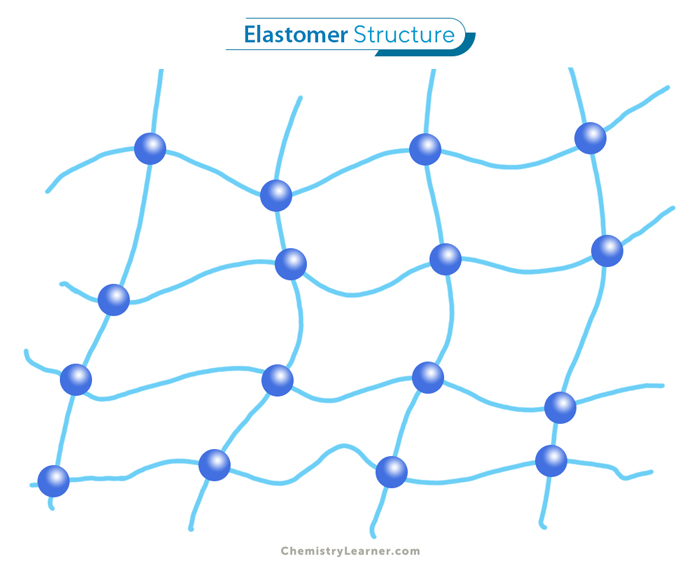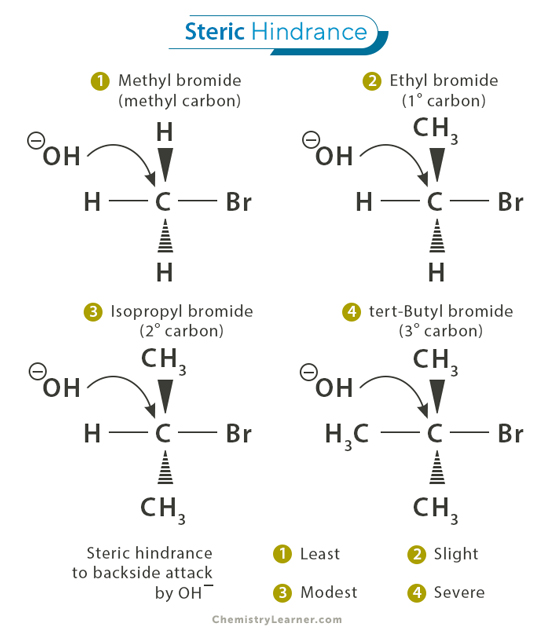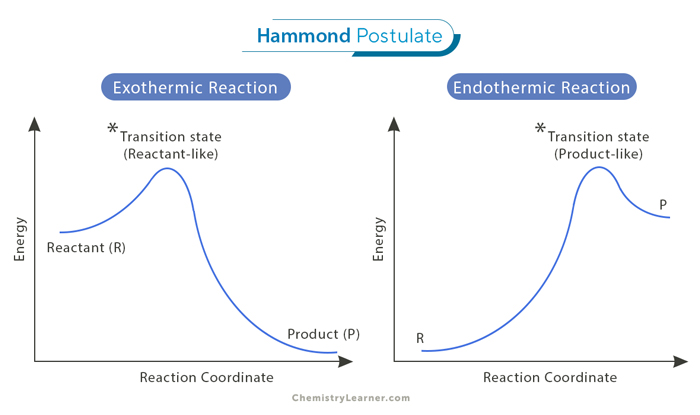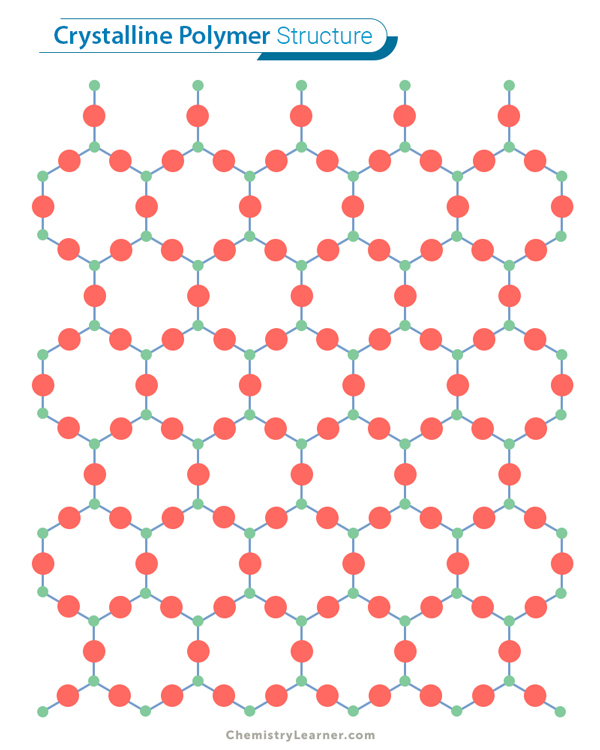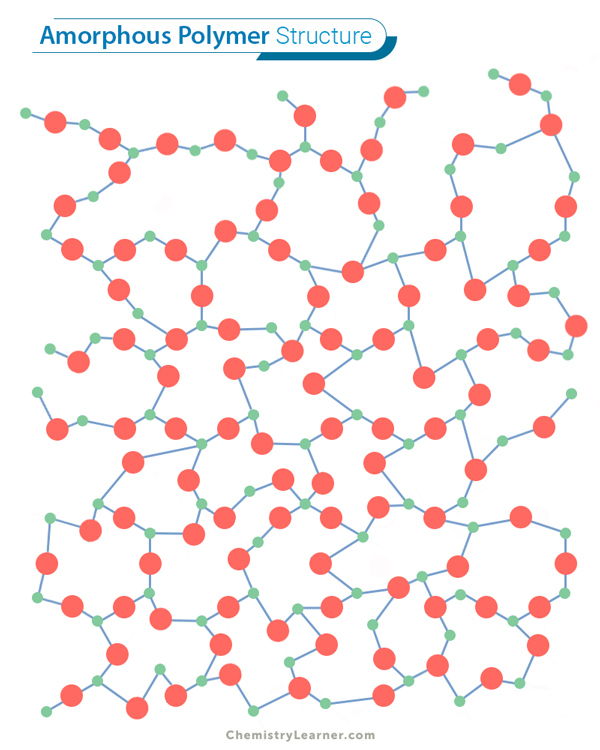Jones Reagent
Definition: What is Jones Reagent?
The Jones reagent is a mixture of chromium trioxide (CrO3) and sulfuric acid (H2SO4) dissolved in water and acetone to form dichromic acid (H2Cr2O7) and chromic acid (H2CrO4). Sometimes, sodium dichromate (Na2Cr2O7) or potassium dichromate (K2Cr2O7) is also used instead of chromium trioxide. The reaction is fast and exothermic [1-3].
Jones Oxidation
Jones oxidation is an organic reaction in which Jones reagent is used to oxidize primary alcohol into a carboxylic acid and secondary alcohol into ketone. The primary alcohol is first converted into aldehyde before converting it into a carboxylic acid. Certain compounds like benzyl alcohol and allyl alcohol give aldehyde only and do not oxidize further [1-3].
Jones Oxidation
Examples of Jones Oxidation [4]
Mechanism For Preparation of Chromic Acid From Jones Reagent [5-8]
Mechanism of Jones Oxidation[5-8]
Uses and Applications of Jones Reagent
The Jones oxidation is one of the most fundamental reactions in organic chemistry. The primary purpose of using Jones reagent is to produce carboxylic acid and ketone from a primary and secondary alcohol.
Conditions for Jones Oxidation [9]
If Jones oxidation is carried out under anhydrous condition, then the reaction will stop at aldehyde. However, in the presence of aqueous acid (e.g., aq. H2SO4), it will yield carboxylic acid.
FAQs
Q.1. Can Jones reagent oxidize aldehydes?
Ans. Jones reagent can be used to oxidize aldehyde resulting in a carboxylic acid.
Q.2. Can Jones reagent oxidize aryl alkanes and alkenes?
Ans.No. Jones reagent does not react with aryl alkanes and alkenes.
Q.3. Can Jones reagent oxidize ketone?
Ans. No. Jones reagent cannot oxidize ketone.
- References
- Definition – Chem.ucla.edu
- Definition – Organic-chemistry.org
- Definition – Organic-chemistry.org
- Examples- Chemistry.msu.edu
- Mechanism – Chem-station.com
- Mechanism – Name-reaction.com
- Mechanism – Chemtube3d.com
- Mechanism – Adichemistry.com
- Conditions – Chemistry.syr.edu





